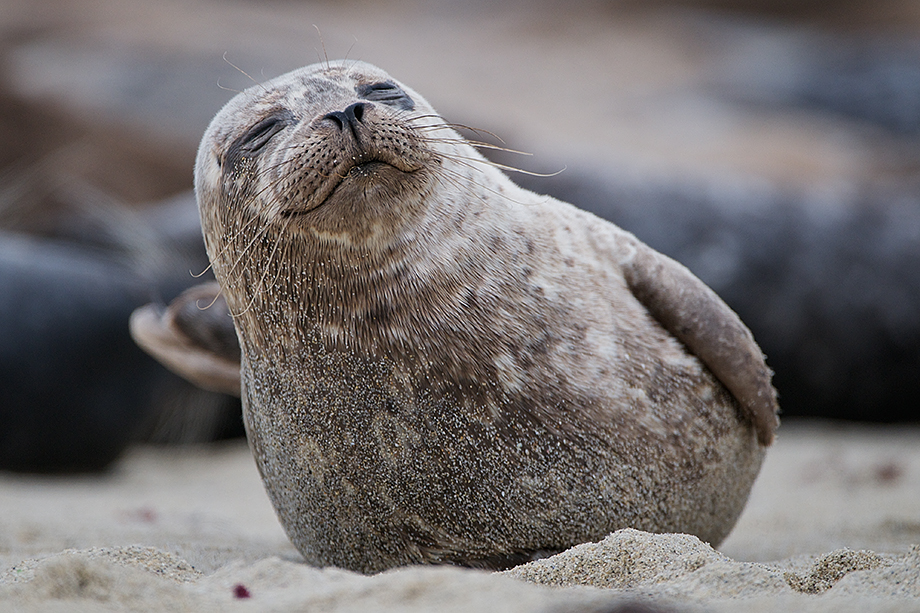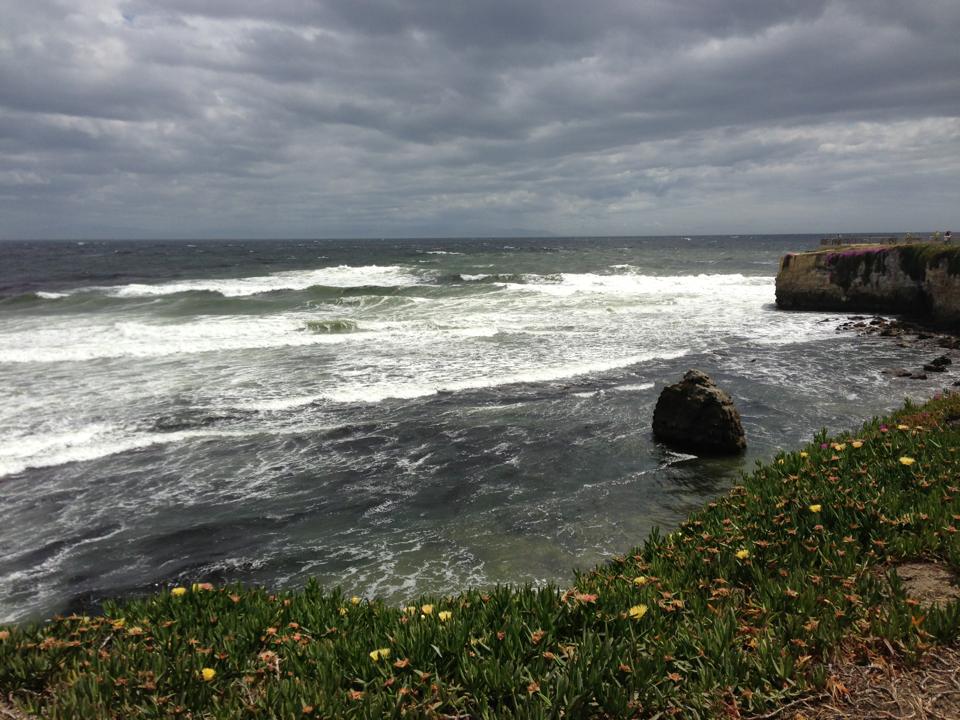A few weeks ago I got a phone call. On the other end was the lab coordinator for UCSC’s Pinniped Cognition and Sensory Systems Lab, and she was officially offering me a position at the lab for the summer. Needless to say, I was beyond thrilled. This lab is doing some pretty fantastic research (be sure to check out their website) and this internship is the perfect way for me to get some experience caring for and doing research with captive pinnipeds.
So first, a little background information. The Parks Lab blog has thus far been focused on our field work with right whales. For my dissertation, I am exploring a different system: pinnipeds. I will be investigating the effects of anthropogenic (human-generated) noise on pinnipeds (seals & sea lions). Given the recent increase in shipping and urbanization, coastal anthropogenic noise has become an issue of heightened concern, and questions surrounding the effects on pinnipeds still remain unanswered. Ideally, my research questions will address both captive individuals and free-ranging populations. Hence my excitement about this summer position working with captive pinnipeds…I need to know how to do things with them before I can actually do the things. Science. It’s a process.

So I got this phone call mid-April, and I was scheduled to start my internship on May 7th. That’s not a lot of time and there was still so much to do in Syracuse! Finish spring classes, reschedule a statistics final, take said final, wrap up TA duties, and drive all the way from New York to Santa Cruz. Somehow everything fell into place, and on May 1st, I packed the car and headed west (with a slight detour south to take my dog, Rosie, to summer camp at my parents’ house). Four days later, with the Pacific Ocean to my left and redwoods to my right, I arrived at my temporary home.

I’ve only been working at the lab for about two weeks now, and I’ve already met some amazing people and learned a lot about a lot of things. This internship is definitely work-intensive (facilities management, animal husbandry, and research), but at the rate I’m going, I’ll be able to nail down a few more specific captive-animal-related research questions for my project AND become a little bit of an animal trainer, all while enjoying the California sunshine and the over-abundance of Mexican food (sorry, Syracuse, but your genuine attempts at tacos just don’t quite do it for this displaced Texan).
Leanna Matthews, PhD Student